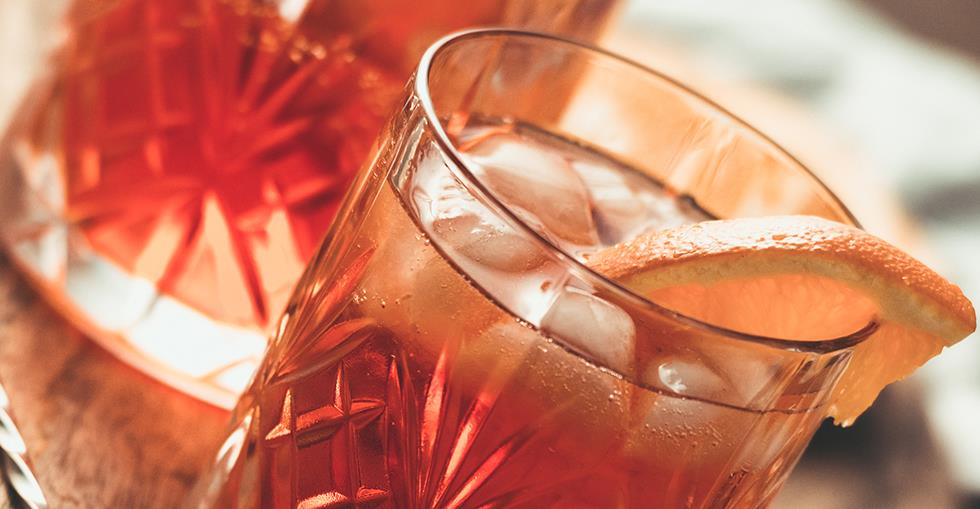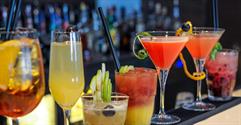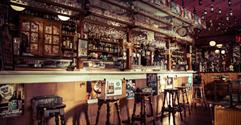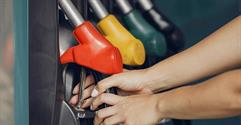South Africa has the second largest economy on the continent as well as one of youngest populations in the world, which has resulted in a flourishing bar sector.
Pretoria, Cape Town and Johannesburg are fast becoming hotspots for young professionals in a growing economy and the increase in disposable income over recent years has led to a larger appetite for spending in bars and clubs.
Main attractions: beer and sport
In South Africa, beer and sport go hand-in-hand.
Sports bars, therefore, are incredibly popular and can be found almost anywhere you can think of – whether it’s in a remote town or downtown Johannesburg.
The variety of bars is endless – from historical taverns, themed bars to dive pubs, and more. While the South African sports bar is it's own entity, nearly every pub will have a TV tuned to a sports event, particularly so if it’s cricket, soccer or rugby. Bigger bars will have huge TVs to draw in a big sporting crowd.
Alcohol market profile
The alcoholic drinks market has remained steady, though did suffer a slight dip in volume growth according to Euromonitor International.
Considered a luxury item, some customers have chosen to drink cheaper alcohol than stop going out completely. Bars selling non-imported South African beer, therefore, have still managed to retain their loyal customers.
South African Breweries retain a majority in the market, with a total volume sales share of 63%.
The company holds a leading position in the country's alcoholic beverage industry as it mainly supplies beer - the nation's favourite drink.
It is expected that the alcoholic drinks market will experience slow growth, with consumers continuing to head to the pub.
Liquor licencing laws
Liquor licences must be renewed annually to enable the running of a bar. The lodgement of liquor licence applications can only be done on the first Friday of every month.
Furthermore, advertisements in the Government Gazette also have a deadline – the liquor licence will be delayed by a month if either of these deadlines
The premises applying for a specific liquor licence must have its suitability confirmed by the local council’s planning or land use department. Once approved, the licensee should display the licence in a place that’s clearly visible in the establishment.
Hours that pubs and bars may be licenced to and from are 10am to 2am.
The ideal bar location – does it exist?
An ideal location for a bar is hard to find - either you pay a premium for a great spot, or risk losing custom if you are too far off the beaten track.
In South Africa, you may want to head to the bright lights.Two cities with a notoriously lively nightlife and big spenders are Cape Town (one of the main cultural hotspots in Africa) and Johannesburg (one of the richest).
Cape Town is full of hip places to visit, invariably with a relaxed atmosphere and beautiful sun-kissed beaches nearby such as Clifton and Camps Bay. Table Mountain also makes an impressive backdrop to any bar.
Johannesburg, on the other hand, is the financial capital of the country and functions through its pursuit of money. The city is highly paced and energetic, and houses some of South Africa's coolest bars in the areas of Greenside, Melville and Pankhurst.
Bar as a business – is it worth it?
The potential for growth in the South African bar sector is huge, with a population teaming with young professionals eager to work hard and play harder.
Sports bars are considered the elite, with demand for beer and sport remaining consistent, regardless of whether it’s considered a ‘dive bar’ or a high-end, premium one.
If you have a thirst for a fast-paced lifestyle and are prepared to work long, sometimes unsociable hours - the rewards can be great.
Say cheers to the bar business!
If you enjoyed this article, sign up for a *free* BusinessesForSale.com account to receive the latest small business advice, features, videos and listings directly to your inbox!





